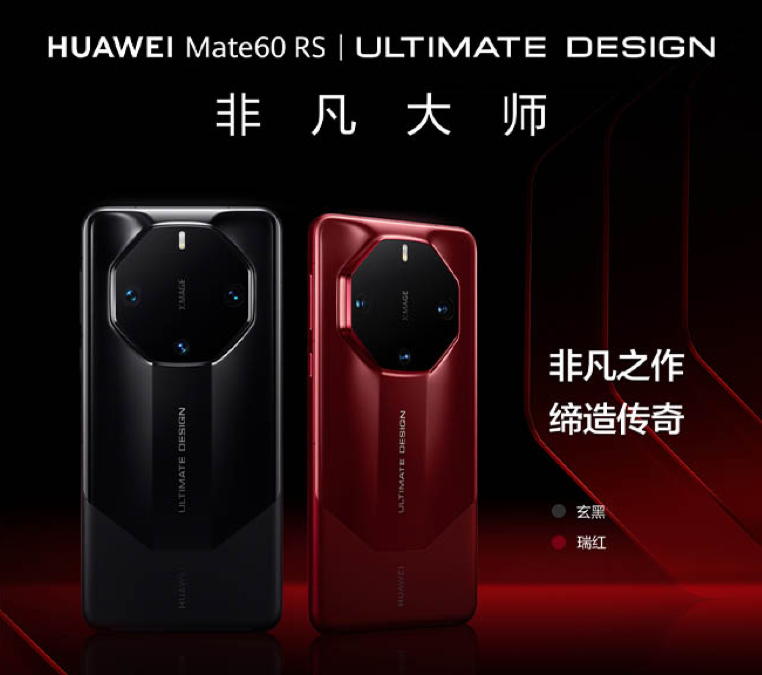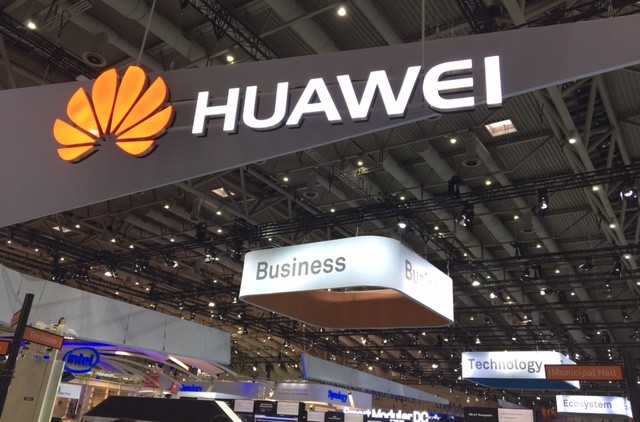Analysis of Huawei’s latest 5G-capable flagship smartphone, the Mate 60, shows “significant progress” in China of engineering radio frequency chips and 5G baseband processors, supplanting parts previously imported from the US, according to findings from Ottowa, Canada-based TechInsights.
The firm found the handset uses RF witches from Chinese firms Maxscend Microelectronics and power-amplification modules from Beijing OnMicro Electronics, parts that are most commonly provided by US suppliers Skyworks Solutions and Qorvo, respectively.
The parts’ architecture is “tailored for the Chinese industry” and suggests Huawei and its suppliers collaborated on their design, TechInsights said in a Monday blog post.
The firm said China “has made leaps” in developing advanced system-in-package modules and RF filters using improved techniques.

Narrowing tech gap
The mobile RF architecture of the Mate 60 Pro in particular showed Chinese firms can compete with top-tier smartphone makers, TechInsights said.
It said the handset shows China is narrowing the technological gap with the US but has not yet closed it.
The analysis firm found in a teardown in September that the Mate 60, launched in August, included significant chip advances including the advanced Kirin 9000s processor produced by Chinese manufacturer SMIC using a 7 nanometre process.
Huawei and SMIC are both under US sanctions, with SMIC barred from being able to purchase the most advanced manufacturing tools, such as extreme ultraviolet (EUV) tools.
TechInsights found SMIC appeared to have manufactured the Kirin 9000s using a 7nm process using deep ultraviolet (DUV) tools from the Netherlands’ ASML, a generation behind EUV.

‘Strongest possible’ action
Until September ASML was allowed to ship DUV tools to Chinese firms, but since then new Dutch sanctions require it to have a licence to sell high-end DUV tools to China.
The US said in September it is investigating whether Huawei and SMIC broke sanctions rules in producing the technology, and US commerce secretary Gina Raimondo told Bloomberg on Monday the agency would take the “strongest possible” action to protect national security.
“Every time we see something that’s concerning, we investigate it vigorously,” she said, adding the development was “deeply concerning”.
She told the Reagan National Defense Forum in California last week that the agency needed more resources to enforce the trade sanctions.





